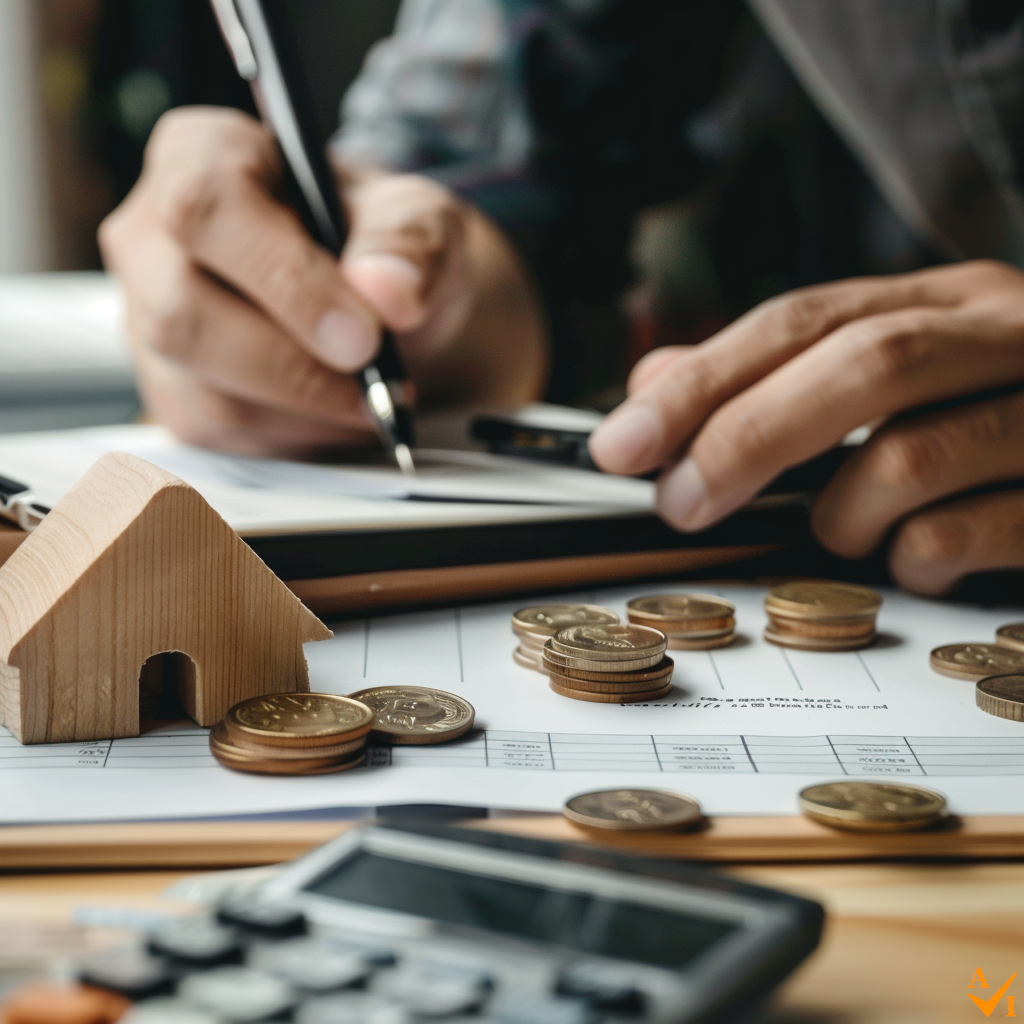Stepping into the rental market involves more than just securing the ideal property; it necessitates a meticulously planned budget to effectively manage your finances. Rent typically consumes the lion’s share of your monthly earnings, but there are other costs linked to renting that can take you by surprise if not considered. Here’s how to assemble a thorough budget for your rental:
1. Work Out Your Monthly Rent: It’s crucial that your rent doesn’t surpass 30% of your gross monthly earnings, a common guideline for affordability.
2. Incorporate Utility Costs: Bear in mind, not all rentals bundle utilities into the rental price. You’ll need to project costs for electricity, water, gas, internet, and even television licence.
3. Think About Renters Insurance: Renters insurance, which safeguards your personal possessions, is a cost-effective and sensible investment.
4. Budget for Moving Costs: Relocating can be pricey. You’ll need to squirrel away funds for van hire, packing materials, and possibly professional movers.
5. Allocate Funds for Initial Deposits: Be ready for initial outlays such as security deposits, pet deposits, or even the first and last month’s rent upfront.
6. Plan for Maintenance and Household Supplies: While your landlord is typically responsible for significant repairs, you’ll need to allocate funds for minor fixes and everyday supplies.
7. Budget for Parking and Transport: If parking isn’t included in your rent, you may need to budget for parking charges or public transport costs.
8. Set Up an Emergency Fund: Aim to establish a safety net for unforeseen expenses or financial emergencies.
By crafting a detailed budget for your rental, you ensure you’re financially ready for both expected and unexpected costs. By taking into account all potential expenses, you can relish your rental journey with peace of mind, confident that your finances are well managed.




